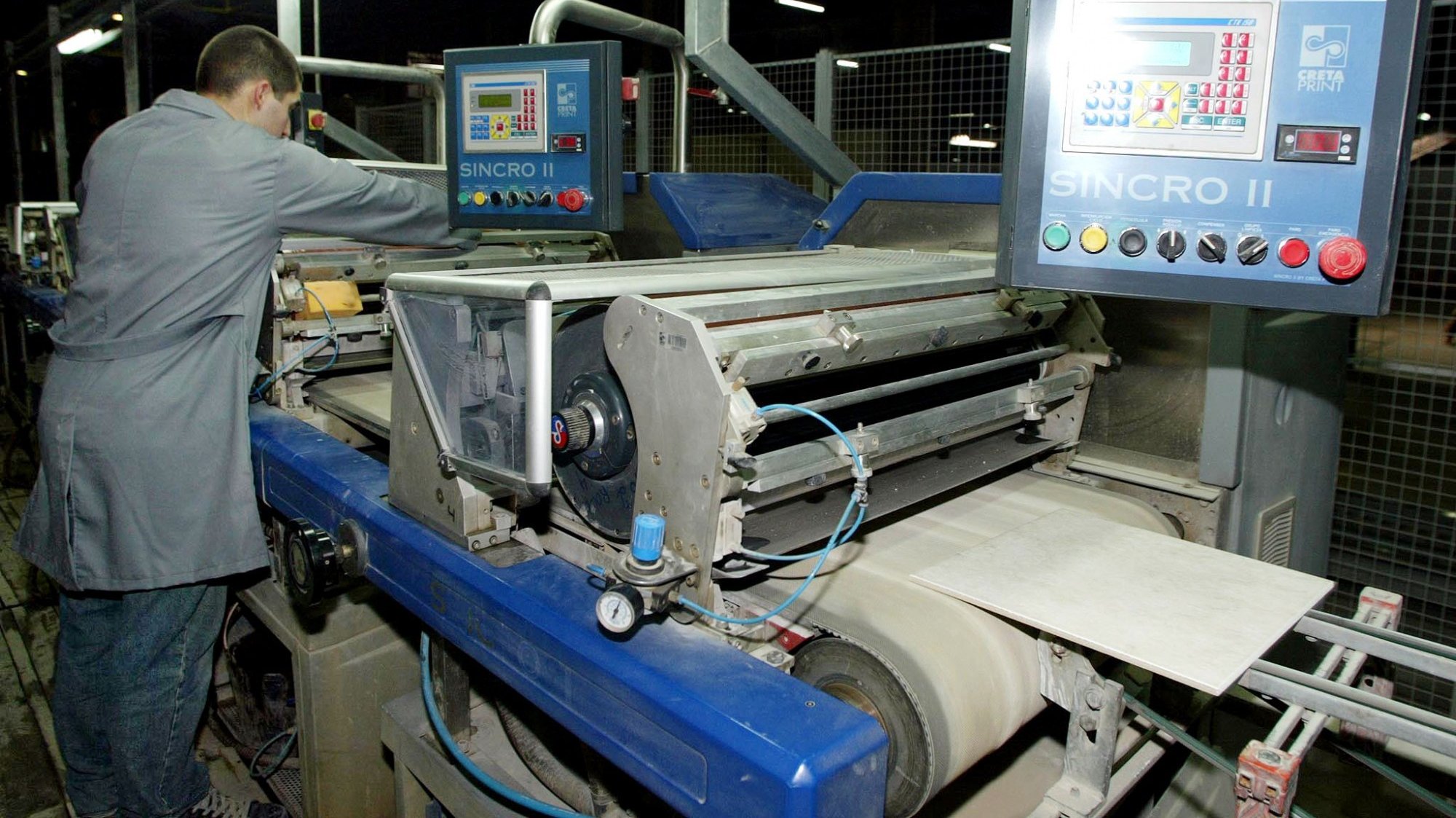Portugal’s public aid to companies that make intensive use of natural gas received the green light this Friday from the competition services of the European Commission.
The 160 million euro program was announced on April 11 as part of a package of measures to combat inflation in what was the first political initiative of the government with an absolute majority of António Costa. The lines of Support for Intensive Gas Industries provide for a non-refundable subsidy that covers 30% of the difference between gas supply costs between 2021 and 2022 as a result of the price increase caused by the war in Ukraine. The support can reach up to 400 thousand euros per company at the end of the year, in line with the general guidelines already approved by the European Commission for most countries.
The Ministry of Economy reported, however, that the notice for the submission of candidacies will be published next Monday by the IAPMEI (Agency for Competitiveness and Innovation) and may be submitted through the simplified form available at Balcão 2020.
Companies with a total cost of gas purchases greater than 2% of billing are eligible. At the time, it was estimated that this support would reach more than 3,000 companies and the Government committed to a rapid deadline of 10 days to evaluate the companies’ applications. However, the launch of the process for receiving applications and granting aid was stopped while waiting for Brussels to validate the Portuguese program, which happened this Friday, more than a month after Portugal notified the European competition services What happened on April 22.
“The European Commission has approved a Portuguese plan to support gas-intensive companies in the context of the Russian invasion of Ukraine, worth 160 million euros. The scheme was approved under the Temporary State Aid Crisis Framework […] recognizing that the EU economy is suffering from serious disruptions” due to the war, the institution announced in a statement.
This public support measure “will consist of limited aid in the form of direct subsidies”, being available to “companies operating in the manufacturing industry that depend especially on gas for their daily operations and that are affected by the high prices of the energy caused by the current geopolitical crisis” caused by the war. “The Commission concluded that the Portuguese regime is necessary, adequate and proportionate to remedy a serious disturbance in the economy of a Member State.”
The total support for exceptional gas and electricity increases can reach 2 million per company
In addition to this program, the rules approved by Brussels allow public aid to exceed the threshold of €400,000 per company in the event of exceptionally strong increases in gas and electricity costs. The sectors most exposed to the costs of natural gas are the ceramic, glass, textile and metallurgical industries.
Source: Observadora
